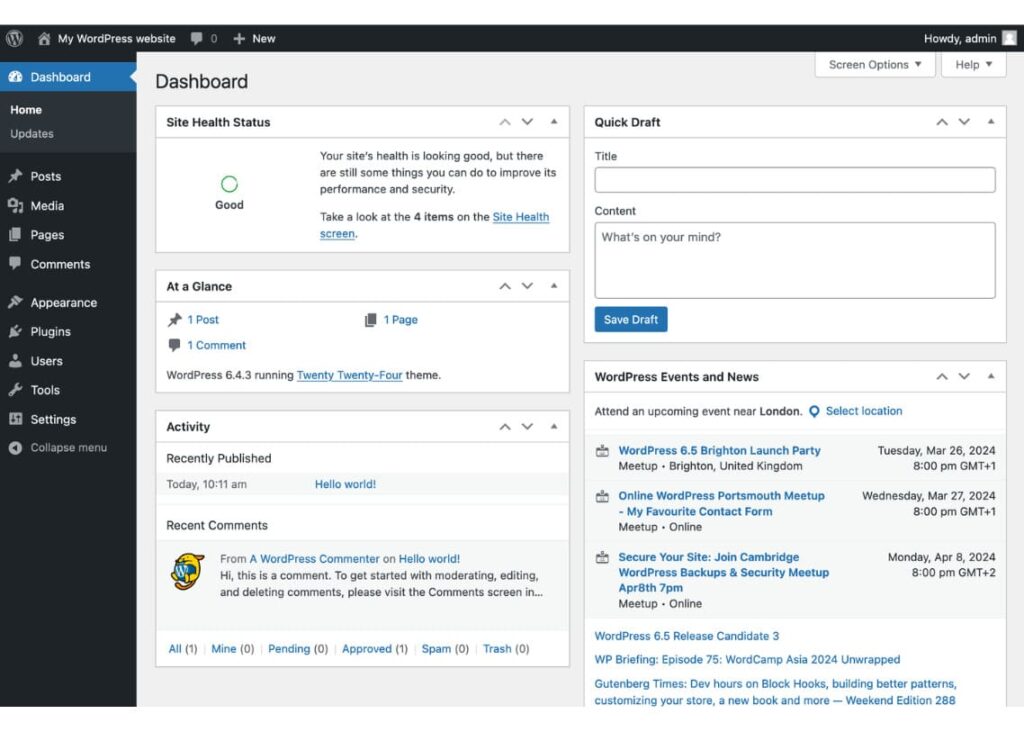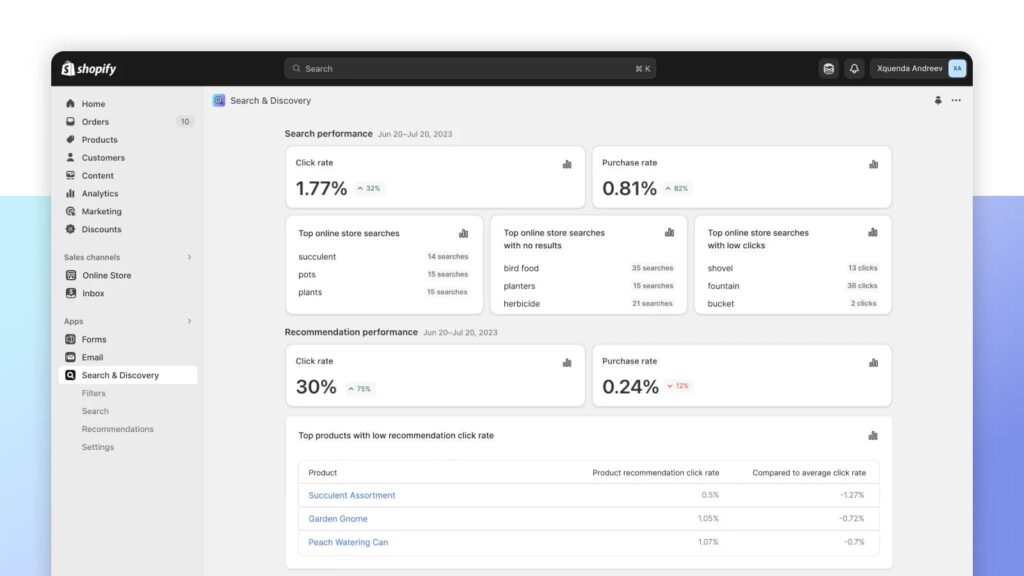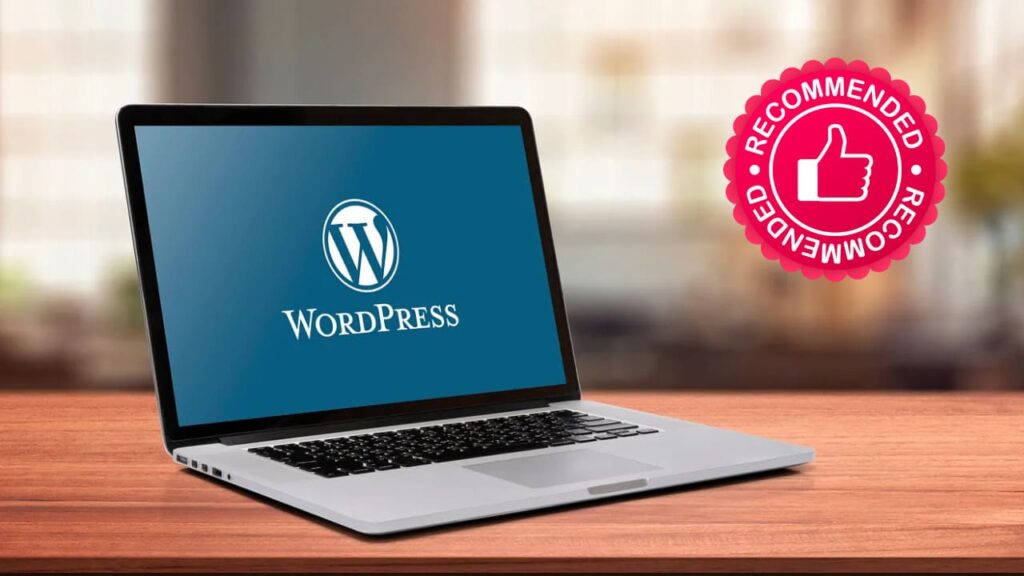
With years of experience developing e-commerce solutions, our digital agency has guided many businesses through the critical choice between WordPress and Shopify. Each platform offers unique features, and selecting the right one can greatly influence your business’s success. Let’s dive into the key differences to help you make the best choice.

Before diving into platform comparisons, it’s essential to understand that there’s no one-size-fits-all solution. Your choice should align with your business goals, technical capabilities, and resources. Having worked with diverse clients, we’ve seen how different platforms can either empower or constrain business growth.

WordPress has consistently proven itself as a versatile and powerful platform. Its open-source nature provides unlimited customization possibilities, making it particularly appealing for businesses with specific requirements. Our clients often choose WordPress when they need complete control over their website’s functionality and appearance.

The platform’s flexibility extends to e-commerce through WooCommerce, offering robust features for online stores. We’ve implemented complex e-commerce solutions using WordPress, from subscription-based models to sophisticated product configurators – possibilities that would be challenging or impossible with Shopify.
Another significant advantage is cost control. While initial setup might require more investment, long-term expenses are often lower with WordPress. You’re not locked into monthly fees based on sales volume, and you can choose from various hosting providers to optimize costs.

Shopify shines in its simplicity and ease of use. For businesses looking to launch quickly without dealing with technical complexities, Shopify provides a streamlined solution. The platform handles hosting, security, and updates, reducing the technical burden on business owners.

We’ve found Shopify particularly suitable for small to medium-sized businesses with straightforward e-commerce needs. Its built-in payment processing and shipping solutions can significantly simplify operations for new online retailers.

Understanding the cost structure of each platform is crucial for making an informed decision. WordPress’s initial costs might be higher due to development and setup requirements, but monthly operating costs can be lower. You have control over hosting costs and aren’t subject to transaction fees (unless using external payment processors).
Shopify’s pricing is more straightforward but can become expensive as your business grows. Monthly subscription fees, transaction fees (unless using Shopify Payments), and app costs can add up significantly. We’ve seen cases where businesses outgrew Shopify’s cost structure and needed to migrate to WordPress for better cost efficiency.

When it comes to scalability, WordPress offers more flexibility. We’ve helped businesses scale from small online stores to complex e-commerce operations without platform limitations. The ability to customize and extend functionality means your website can grow alongside your business.

Shopify can handle growth in terms of sales volume, but you might hit limitations with custom functionality. Some of our clients have found themselves constrained by Shopify’s built-in features and had to work around platform limitations or eventually migrate to WordPress.

Shopify takes the lead in ease of maintenance. The platform handles updates, security, and hosting, making it attractive for businesses without technical resources. However, this convenience comes with less control over your store’s infrastructure.
WordPress requires more active management but offers greater control over security measures and updates. With proper maintenance and security protocols (which we help our clients implement), WordPress can be equally secure and reliable.

Businesses needing extensive customization
Companies with specific technical requirements
Larger operations requiring scalability
Businesses wanting complete control over their platform
Organizations with in-house technical resources or agency support
Small businesses starting their online presence
Companies wanting a quick launch with minimal technical involvement
Businesses with straightforward e-commerce needs
Organizations preferring a managed solution

Having worked extensively with both platforms, we often recommend WordPress for businesses planning long-term growth and requiring customization. While it may require more initial setup and ongoing maintenance, the platform’s flexibility and scalability make it a superior choice for many businesses. Learn more about our WordPress SEO services.
However, we understand that some businesses might benefit from Shopify’s simplicity, especially when starting. The key is making an informed decision based on your specific needs, resources, and growth plans.
Do you Need help choosing between WordPress and Shopify or implementing your chosen platform? Our team can guide you through decision-making and ensure your e-commerce solution aligns with your business goals. Contact us to discuss your specific needs and how we can help your business succeed online.